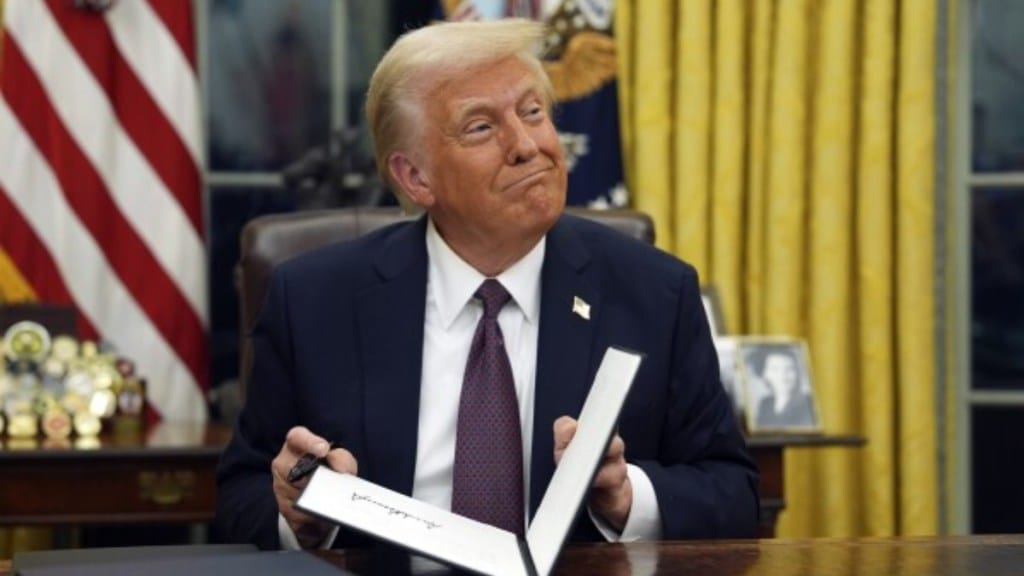Prices of leather goods, clothing, furniture, and consumer electronics are expected to rise significantly for American households in the coming months, as the US continues to depend heavily on imports from countries now facing sweeping tariffs under Donald Trump’s trade policy, according to analysts.
Economists at the Richmond Federal Reserve warn that the “reciprocal tariffs” set to take effect Wednesday will hit industries reliant on Asian imports—such as apparel and leather goods—particularly hard. Goods from China are now subject to tariffs exceeding 104%, following Trump’s decision to escalate his trade battle with Beijing, according to a report by the Financial Times.
Vietnam, the second-largest supplier of apparel and leather items to the US after China, was hit with a 46% tariff last week—part of what Trump dubbed “liberation day.” Cambodia, home to manufacturers for brands like Lululemon and Hugo Boss, is now facing a 49% tariff.
The Consumer Technology Association’s vice-president, Ed Brzytwa, said US consumers can expect higher prices on smartphones, laptops, and gaming consoles, as many of the steepest tariffs target Vietnam and Taiwan—countries where electronics production had shifted during Trump’s earlier trade conflicts with China, the report mentioned.
While some businesses may eventually adapt by reworking their supply chains, economists say consumer prices are likely to surge in the short term. The Yale Budget Lab estimates that, unless the Federal Reserve intervenes, US households could see their annual spending rise by an average of $3,800 starting in 2026 due to tariff-driven inflation.
The Fed now faces a difficult balancing act: lower rates to support growth or maintain high rates to contain inflation. Speaking to Illinois Public Radio, Chicago Fed President Austan Goolsbee said last week’s tariffs were “way bigger” than anticipated by policymakers.
Tariffs are likely to affect different sectors at different speeds. Electronics retailers, for example, have built up inventories of imported goods, potentially delaying price hikes for several months. However, industries relying on perishable items have less flexibility. Fresh produce and imported foodstuffs are expected to be among the first hit, with processed rice prices forecast to jump 10.3% and fruit, vegetables, and nuts rising around 4%, according to the Yale Budget Lab.
UBS chief economist Paul Donovan noted that consumers are likely to feel the effects of this tariff wave more quickly than during Trump’s previous round in 2018, mainly because retailers today are holding smaller inventories. He also suggested that companies may use the public’s growing awareness of tariffs to justify price increases, whether fully justified or not.


